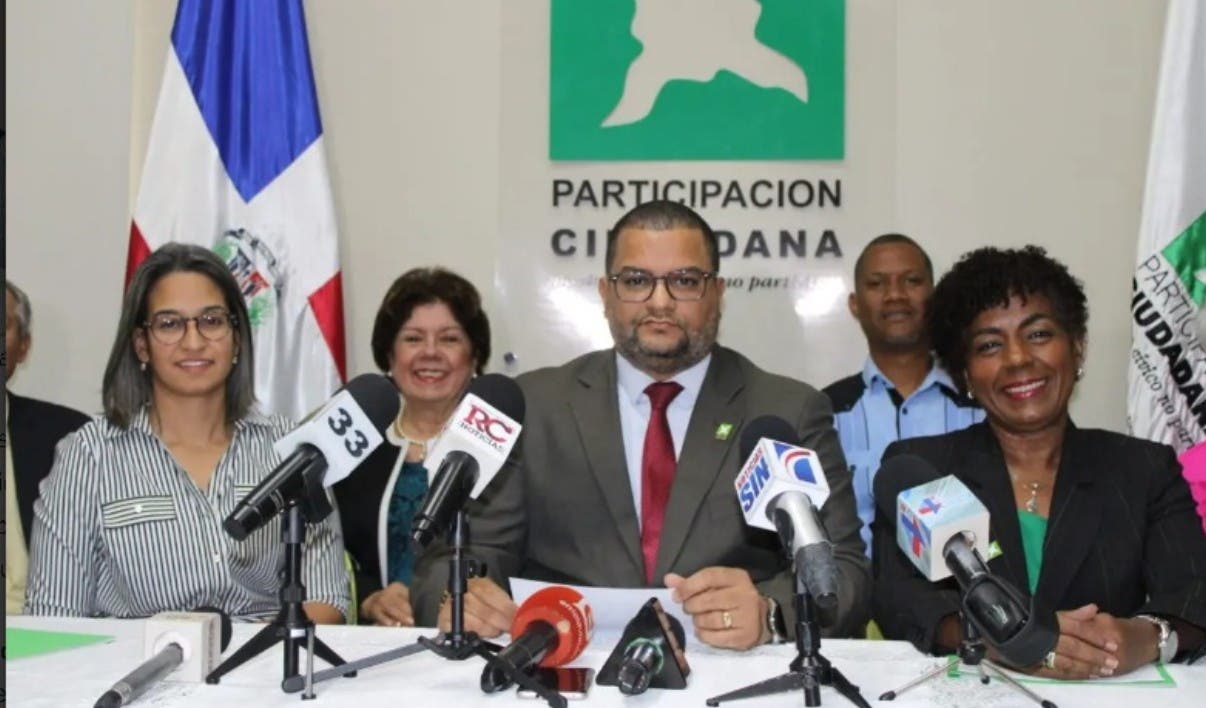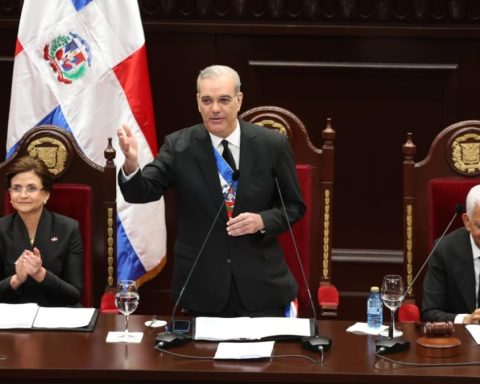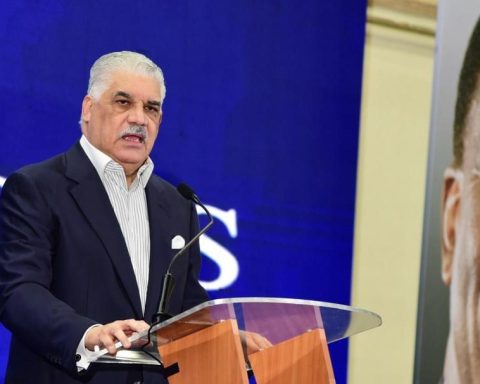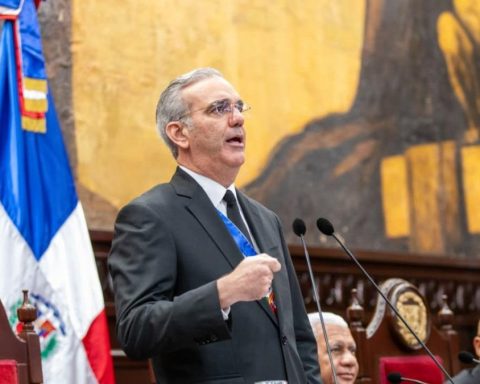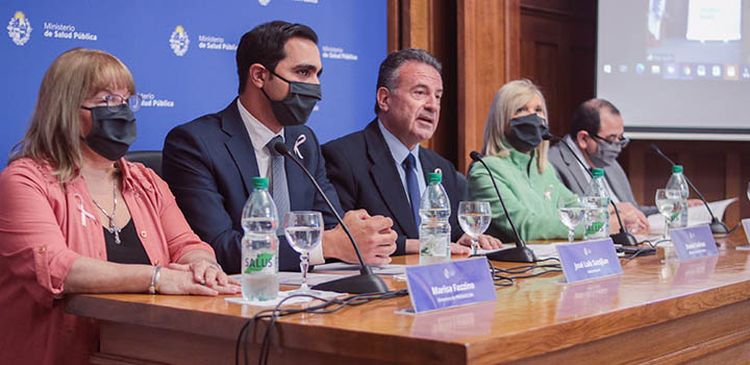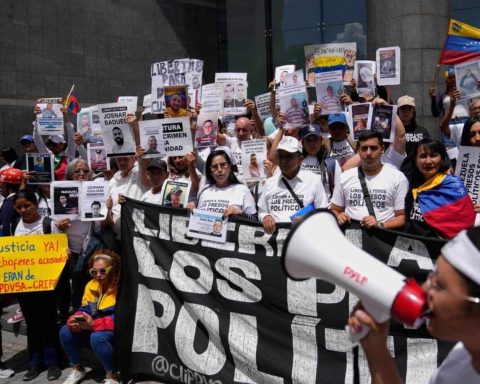If the draft organic law on the right to privacy, honor, good name and one’s own image is approved, as it was conceived, a system of prior censorship would be established in the country that would violate the Constitution of the Republic, affirmed yesterday the national coordinator of Citizen Participation (PC)Jose Manuel Abreu.
He added that he is sure that if it is approved, the Constitutional Court would reject it because the Political Parties Law already tried to establish penalties for the media and social networks that made negative comments to political leaders in the campaign, and it was declared illegal by that high court.
“In this case, prior censorship cannot be established; In the event that a violation of the right to a good name is configured, there is already in the Penal Code the provision that classifies as defamation and insult and this is the limit that there is in the dissemination and expression of thought, that is, I cannot establish that To talk about any person I have to have prior consent because that is prior censorship, apart from the fact that it establishes specific places where it can be spread or speak freely, such as the National Congress or the courts, we are talking about a violation of the Constitution, “explained Abreu .
You may be interested in reading: Come in project threatens the press
He assured that this bill, if enacted “has a definite fate, it is the chronicle of a death foretold because it will probably be declared unconstitutional immediately after it is enacted.”
He described it as unconstitutional to try to condition the media so that in order to comment on someone they must first have the authorization of the person in question.
“Indeed, this organic law project for the protection of the right to privacy, honor, good name and one’s own image seeks to establish a regulatory legal framework of article 44 of the Constitution that establishes that right to honor, to the image , good name and privacy, however the way it is written, first, clear what the limits and classifications are when a fault is configured, it also establishes prior consent devices that can limit another constitutional right enshrined in article 49 of the Constitution, which is that of freedom of expression and thought,” said the civic leader.
The PC coordinator recalled that “we saw this type of regulation in an attempt to regulate it in article 44, numeral 6 of Law 33-18 on Political Parties, where a criminal classification was established for negative comments on social networks, and it was intended to be sanctioned in the High Technology Electronic Crimes Law, typifying it as defamation and insult, however the Constitutional Court already declared it unconstitutional at that time.
Abreu pointed out that when two fundamental rights enshrined in the Constitution are confronted, the limit of one right is the beginning of the other.
The approval
Last Tuesday the Senate approved in second reading the bill that regulates the exercise of the right to privacy, honor, good name and image, an initiative of the senator for Bahoruco, Melania Salvador.
The opponents
Different sectors, including the Dominican Society of Newspapers, express their concern that the project could become a gag for freedom of expression and dissemination of thought. Specialist lawyers have also warned of the unconstitutionality of the initiative. Among them Trajano Vidal Potentini, who considers the piece as a tailored suit for politicians.
